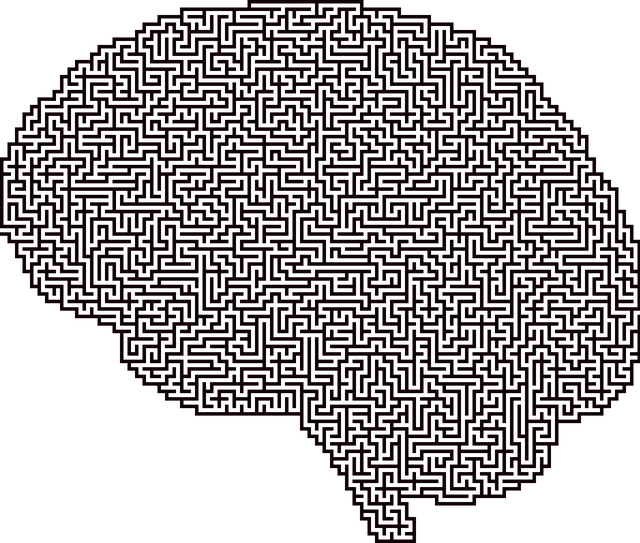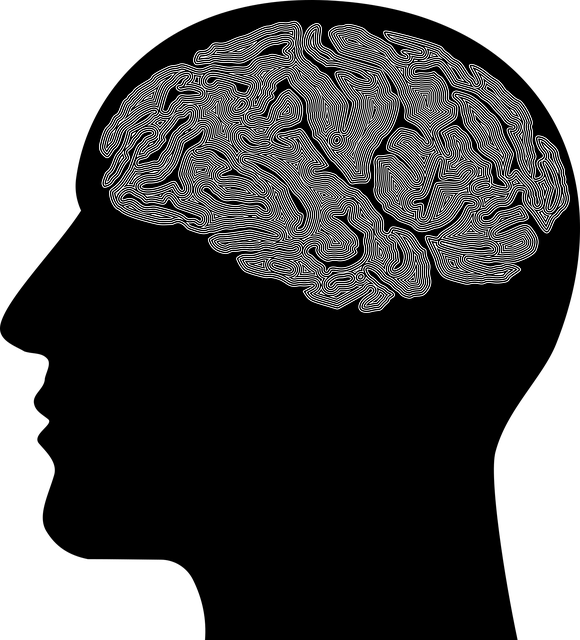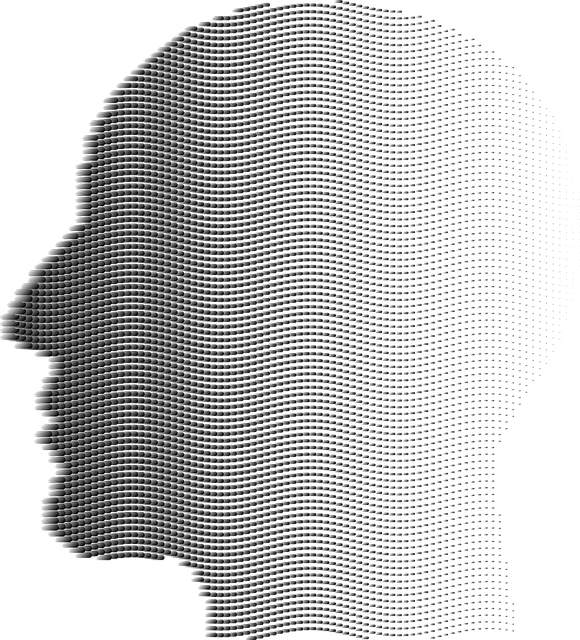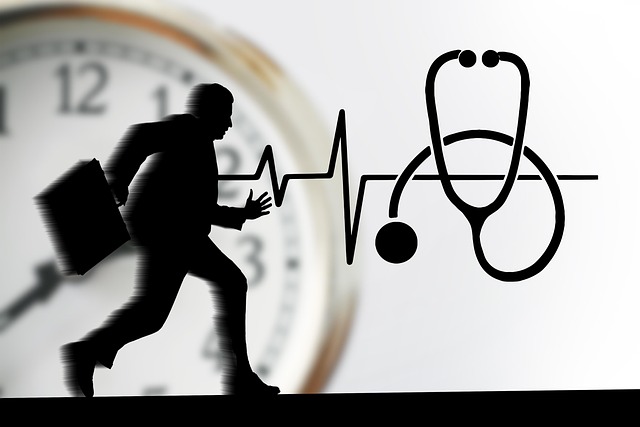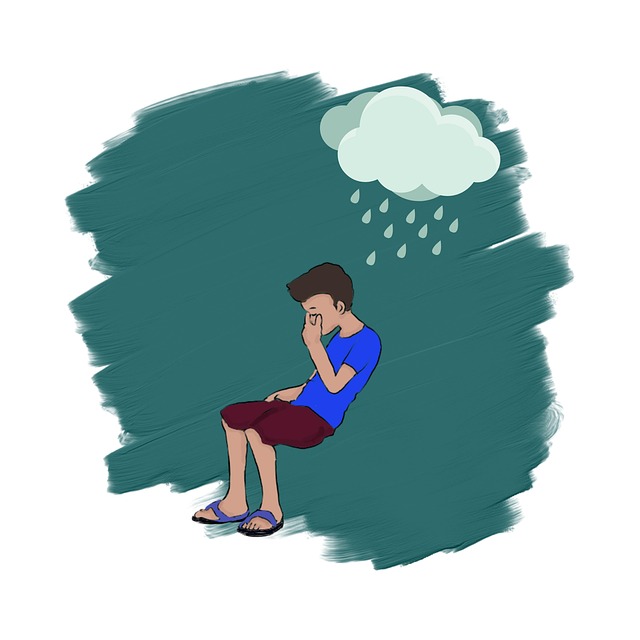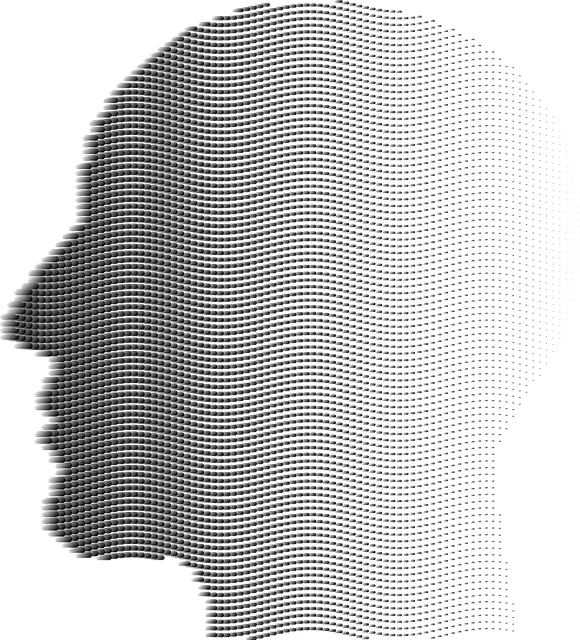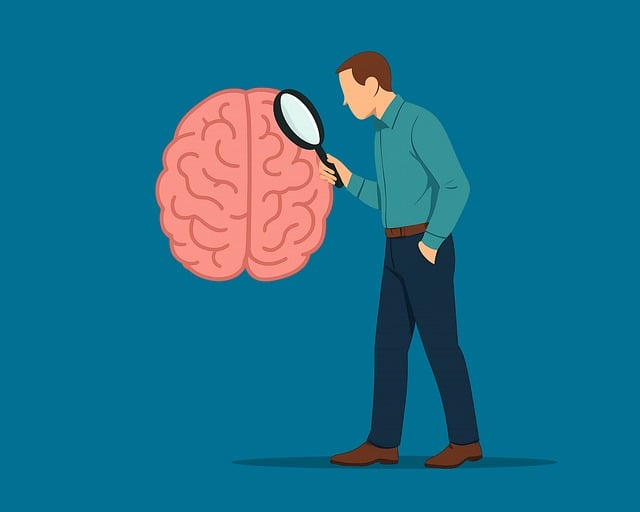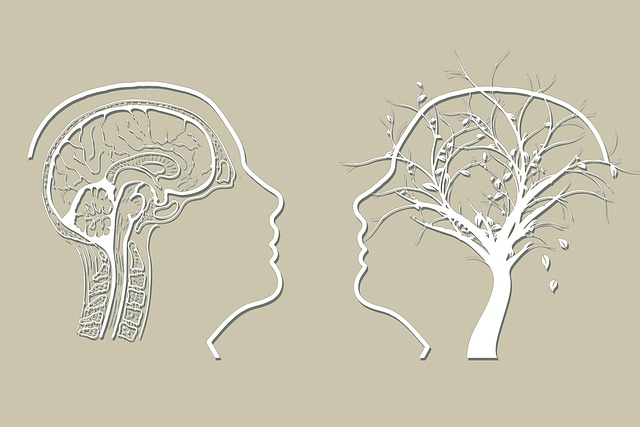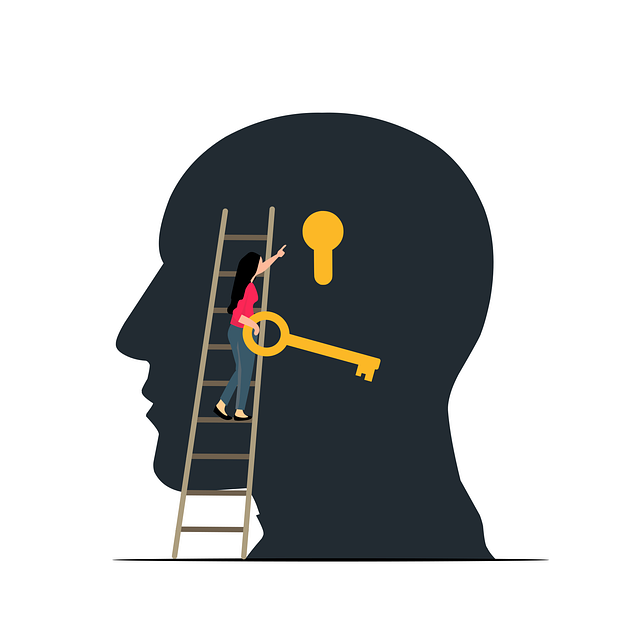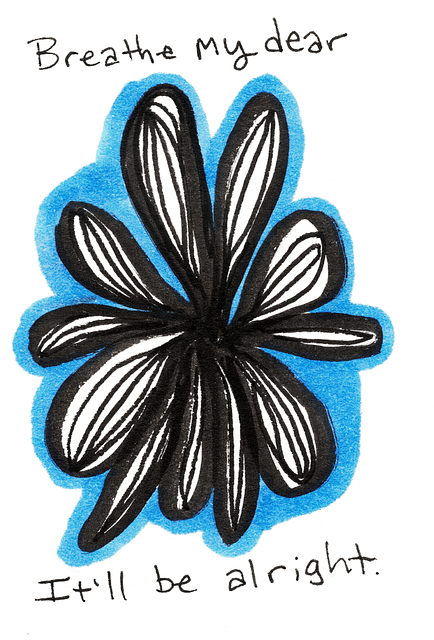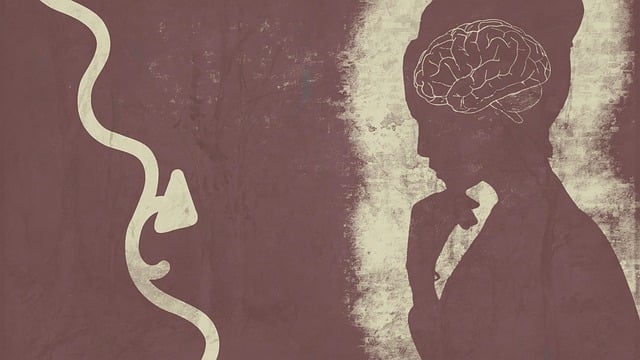Parker Geriatrics Therapy is a comprehensive approach to geriatric care, focusing on resilience-building through cognitive reframing, physical exercises like chair yoga, and mindfulness integration. The Resourceful Living Model (RFM) promotes self-efficacy, optimism, and social connections for improved emotional well-being and mental wellness in older adults. This holistic method enhances quality of life, reduces stress, and fosters independence while streamlining mental health policy analysis and raising awareness about age-related issues. Regular evaluations demonstrate significant improvements, making RFM exercises valuable tools for healthcare providers to empower seniors in managing life challenges.
“Unleashing resilience in geriatric care is a vital strategy for ensuring elderly individuals maintain their independence and quality of life. This comprehensive guide explores the powerful concept of RFM (Resilience, Functionality, and Mobility) and its potential to transform senior living. We delve into ‘Understanding RFM: A Foundation for Resilience in Geriatric Care,’ highlighting the role of Parker Geriatrics Therapy in enhancing cognitive function. Furthermore, we present practical exercises to boost physical resilience and offer insights on integrating mindfulness with resistance training. Discover how these approaches contribute to successful RFM programs.”
- Understanding RFM: A Foundation for Resilience in Geriatric Care
- The Role of Parker Geriatrics Therapy in Strengthening Cognitive Function
- Practical Exercises to Enhance Physical Resilience in the Elderly
- Integrating Mindfulness and Emotional Well-being into Resistance Training
- Measuring Success: Evaluating the Impact of RFM Programs on Quality of Life
Understanding RFM: A Foundation for Resilience in Geriatric Care

Resilience is a cornerstone of geriatric care, enabling older adults to navigate life’s challenges and maintain their well-being. Understanding RFM (Resourceful Living Model), developed by Parker Geriatrics Therapy, forms the basis for cultivating this resilience. This model emphasizes the importance of fostering positive thinking and empathy building strategies among the elderly. By focusing on these aspects, care providers can empower individuals to manage stress effectively and adapt to life’s transitions.
RFM encourages a proactive approach where resilience is built through various exercises that promote self-efficacy and optimism. These activities may include cognitive reframing techniques that help individuals view stressors as manageable challenges rather than insurmountable obstacles. Additionally, empathy building strategies are integral to the RFM framework, encouraging meaningful connections and support systems within care settings. This holistic approach not only enhances mental fortitude but also contributes to overall well-being, making it a valuable tool in geriatric care practices, including those offered by Parker Geriatrics Therapy.
The Role of Parker Geriatrics Therapy in Strengthening Cognitive Function

Parker Geriatrics Therapy plays a pivotal role in enhancing cognitive function among older adults, thereby contributing significantly to mental wellness. This specialized approach leverages evidence-based practices tailored to the unique needs and challenges faced by the aging population. By integrating various techniques such as memory training, problem-solving exercises, and social engagement activities, Parker Geriatrics Therapy not only helps maintain cognitive sharpness but also fosters a sense of purpose and independence.
Beyond its direct impact on cognitive abilities, this therapy streamlines mental health policy analysis and advocacy by raising awareness about age-related mental health issues. It promotes a holistic view of mental wellness, emphasizing the importance of early intervention and continuous support. Moreover, Parker Geriatrics Therapy boosts confidence among seniors, empowering them to navigate daily life with enhanced self-assurance and resilience, despite potential cognitive challenges.
Practical Exercises to Enhance Physical Resilience in the Elderly

Building physical resilience is essential for elderly individuals to maintain their independence and quality of life. Practical exercises tailored to their needs can significantly enhance their overall well-being. Simple yet effective routines, such as chair yoga or tai chi, improve flexibility, balance, and strength, reducing the risk of falls and injuries. These low-impact activities promote muscle toning, joint mobility, and cardiovascular health while also improving cognitive function.
The Parker Geriatrics Therapy approach emphasizes a holistic view of resilience building, incorporating not only physical training but also psychological and social aspects. Community outreach program implementation plays a crucial role in providing regular exercise opportunities for the elderly. Social skills training and cultural sensitivity in mental healthcare practice further enrich these initiatives, fostering a supportive environment that encourages participation and adherence to exercise regimens.
Integrating Mindfulness and Emotional Well-being into Resistance Training

Incorporating mindfulness into resistance training is a powerful strategy to enhance overall fitness and mental wellness. Parker Geriatrics Therapy emphasizes this holistic approach, understanding that emotional well-being is intrinsically linked to physical resilience. By integrating mindfulness techniques during workouts, individuals can achieve better focus, improved emotional regulation, and reduced stress responses. This method not only enhances the effectiveness of resistance exercises but also promotes a sense of calm and control in the face of physical challenges.
The practice of mindfulness during training sessions allows for enhanced self-awareness, enabling individuals to recognize and manage their emotions effectively. This is particularly important for mental health professionals conducting risk assessments, as it provides clients with tools to navigate stressful situations outside the therapy setting. Ultimately, combining physical resistance with mindfulness techniques fosters a sense of resilience, ensuring individuals are equipped to handle both internal and external demands on their emotional well-being.
Measuring Success: Evaluating the Impact of RFM Programs on Quality of Life

Evaluating the impact of RFM programs on quality of life is paramount to understanding their effectiveness in fostering resilience and mental wellness. Metrics such as improved emotional well-being, enhanced coping mechanisms, and reduced stress levels can serve as key indicators of success. Studies have shown that participation in Parker Geriatrics Therapy and similar mental wellness coaching programs can lead to significant improvements in participants’ overall quality of life.
The integration of RFM exercises into healthcare practices, including burnout prevention strategies for healthcare providers, has been met with positive outcomes. By promoting self-care routine development for better mental health, these programs empower individuals to navigate life’s challenges more effectively. Regular assessments and feedback from participants are essential tools in gauging the success of such initiatives, ensuring continuous improvement and adaptation to meet the evolving needs of those seeking resilience building support.
The integration of Resilience, Function, and Mobility (RFM) exercises offers a comprehensive approach to geriatric care, addressing physical, cognitive, and emotional well-being. As evidenced by the effectiveness of Parker Geriatrics Therapy, these multifaceted programs significantly enhance quality of life for seniors. By combining specific resilience-building activities with evidence-based therapeutic techniques, RFM prepares elders to navigate challenges with strength and agility. Through regular practice, individuals can improve physical resilience, sharpen cognitive abilities, and cultivate emotional balance, ultimately fostering a more fulfilling and independent aging experience.

